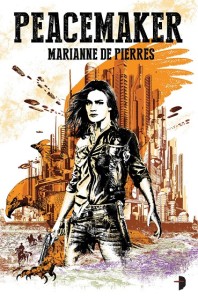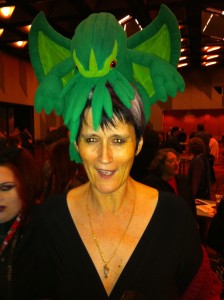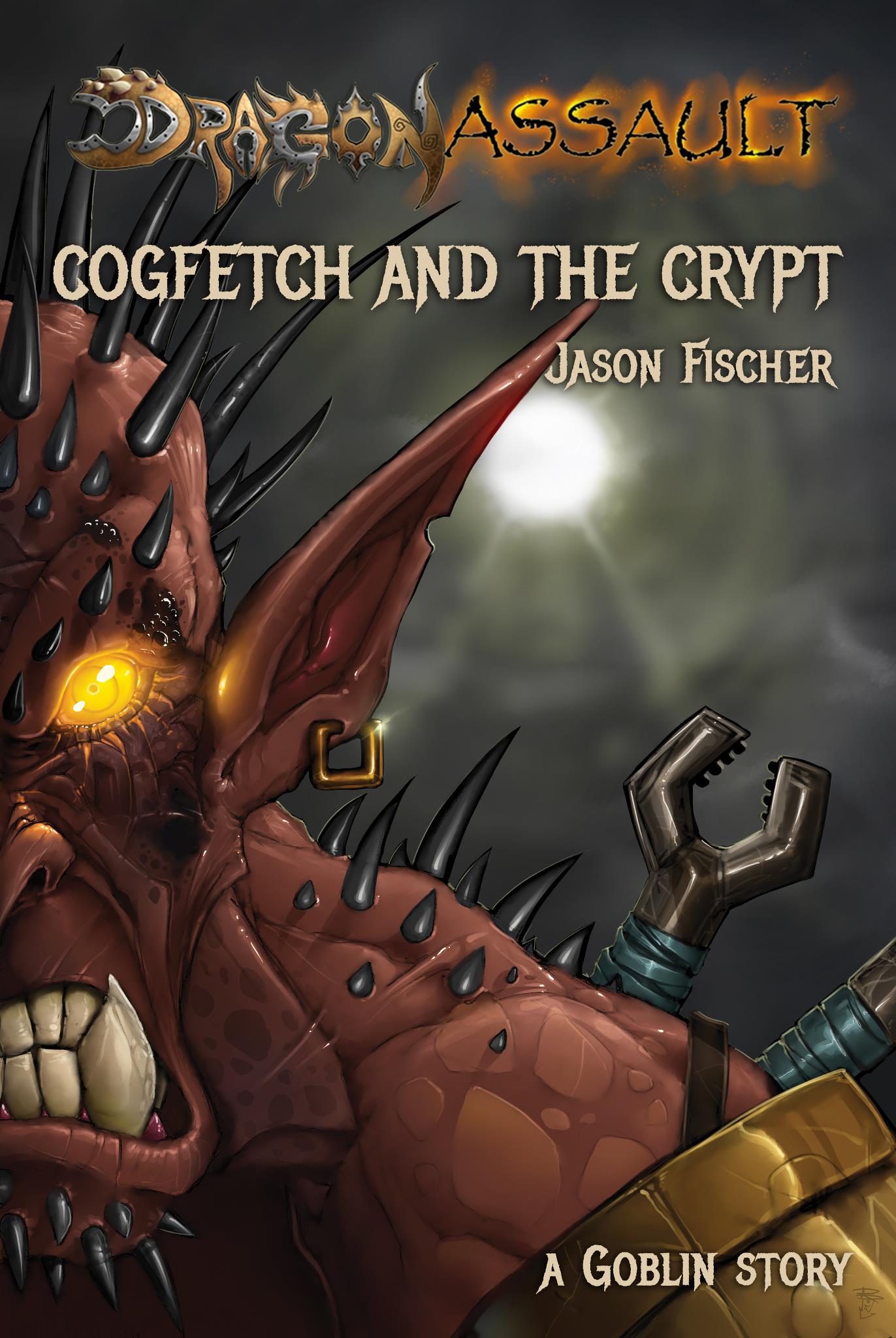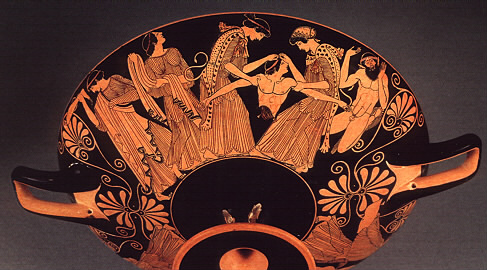Today at the Fischblog I have the brilliant Marianne De Pierres, come to chat about her new book Peacemaker.
JF: Much like in your Parrish Plessis series, your new book Peacemaker is set in a future Australia. What is the draw for you to write fiction set locally, when so many Aussie authors play it safe and set their pieces in Somewhere USA?
MDP: I feel a strong connection with the Australian landscape, Jason. My dad was a Western Australian wheat and sheep farmer. His father cleared the land that they farmed and he grew up with a fierce passion and sense of place that he passed on to me. I then spent ten years of my early married life in the Pilbara. That vast, harsh and beautiful environment imbued me with such an appreciation of how frail and temporary we were, that it still informs everything I write about. This is a wild and amazing country. Why wouldn’t I write about it?
JF: Your idea of a densely populated Australia is perhaps the most terrifying to me – anywhere up to 7.5 million square kilometres of land built out (and presumably up). That’s one hell of a lot of people that can be packed into that space. When you did your worldbuilding for Peacemaker, did you posit this expansion as an extrapolation of the FIFO (fly-in-fly-out) mining lifestyle, the spread of these mining towns/settlements, or more a forecast of immigration and population growth?
MDP: Immigration and population growth, I think. I see it as more of a statement about asylum seekers. It’s easy to imagine a future where we simply must take in refugees and people from countries who can no longer sustain them.
JF: SFF Westerns are one of my favourite sub-genres, and I could reel off a list of canonical works that I’ve enjoyed, such as the Dark Tower series, Firefly, and video games like Fallout: New Vegas. What are some of your own influences, and what drew you towards writing your own SFF Western?
MDP: I grew up on Westerns (my dad again!) and I was totally convinced (at 14) that being a cowboy was the life for me. I read mainly Zane Grey, Louis L’Amour, a little J. T Edson, and of course “Shane” by Jack Schaefer. As I got older, I also researched a lot about the “real” West which was far less glamorous. My reading and writing got side tracked after that, but I always knew I would somehow find my way back to this beloved genre. And I did … thirty years later! I decided that if I wrote PEACEMAKER with a heavy science fiction slant that it would just garner endless comparisons to Firefly, so I went for a genre blend that interested me – mythical fantasy. That’s not to say that there aren’t any Sci-Fi elements, but they are revealed with subtlety, over time, in book 2.
JF: It is SO flipping cool that you’ve had an RPG based around Nylon Angel! What are some of the other memorable highlights of your writing career?
MDP: Honestly, I really think that the highlights have been the people that I’ve met along the way because of my writing career, the relationships I’ve forged – both writers and readers. But there have been some lovely moments as well. Winning awards is always nice, so picking up my chunk of wood for the Davitt award, and my shard of plastic from the Aurealis Awards was pretty cool. Getting to film a segment for a TV show in a mock-up of a space shuttle was also fun. Oh … and being Cuthulu’ed by Morag and Charlie. It explains a lot about what’s happened since.
JF: Apart from your work on this series, do you have anything else in the pipeline? Cyberpunk, Crime, YA, and now SFF Westerns, so what’s next for Marianne De Pierres?
MDP: OMG goodness! Now this answer could go on for a while! I am definitely one to have a few projects on the boil, so here’s a link to a breakdown of my current projects, In a nutshell though, I‘m working on three crime novels (all series), a near future dystopic adult SF novel and a YA magic realist novel. Then there’s some side projects as well that aren’t novels but are film and game related.
—-
Marianne’s new novel Peacemaker can be found at all good book stores, and here is a link to her book on Amazon if that’s how you roll.
Marianne de Pierres is the author of the acclaimed Parrish Plessis, the award-winning Sentients of Orion science fiction series and the upcoming Peacemaker SF Western series. The Parrish Plessis series has been translated into eight languages and adapted into a roleplaying game. She’s also the author of a teen dark fantasy series.
Marianne is an active supporter of genre fiction and has mentored many writers. She lives in Brisbane, Australia, with her husband and three galahs. Marianne writes award-winning crime under the pseudonym Marianne Delacourt. Visit her websites at www.mariannedepierres.com and www.tarasharp.com.au andwww.burnbright.com.au







